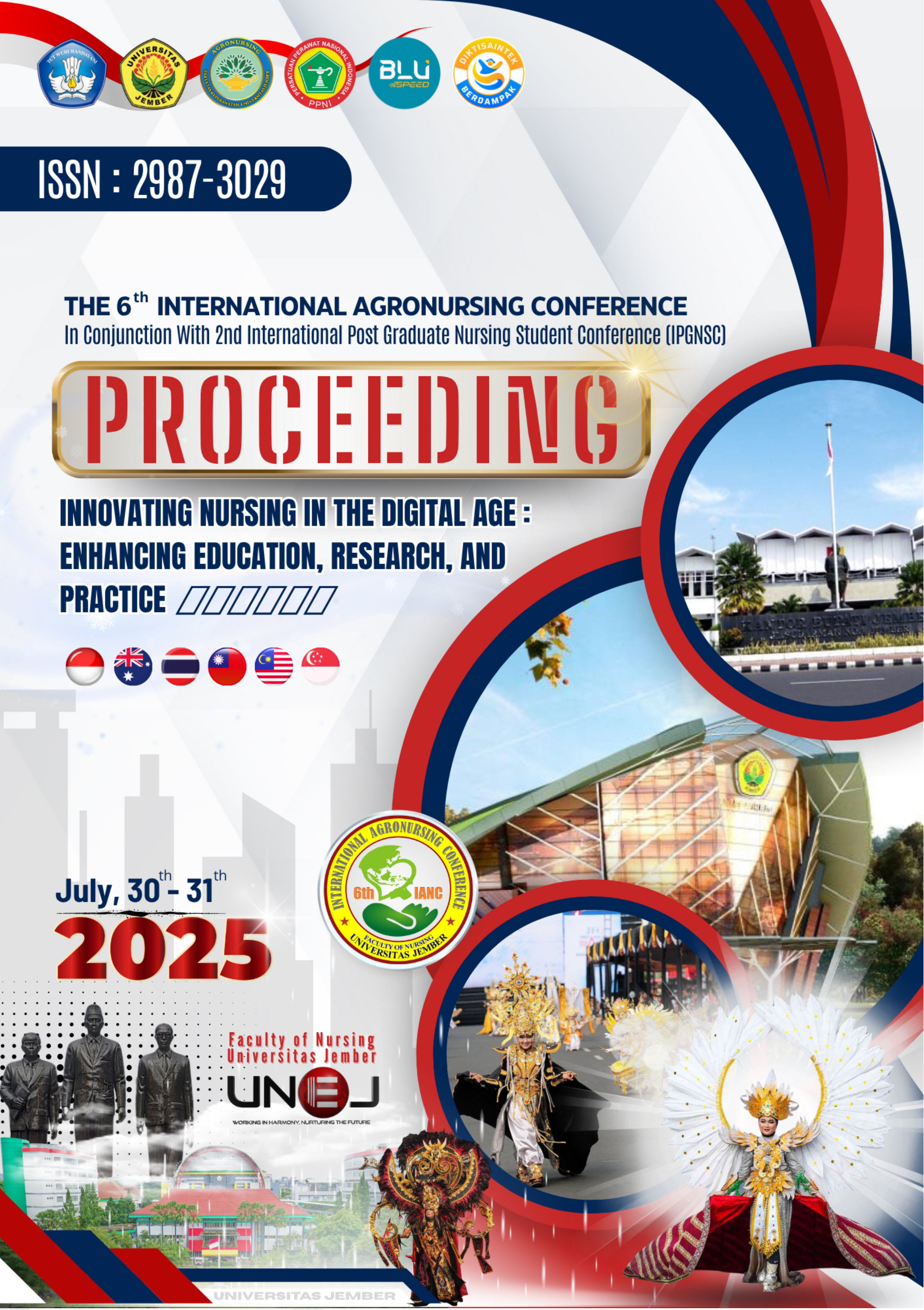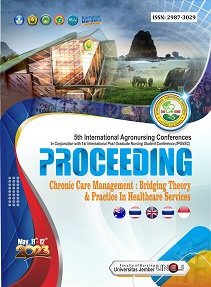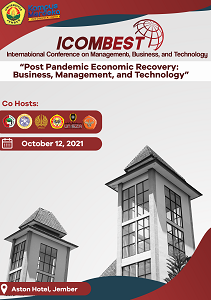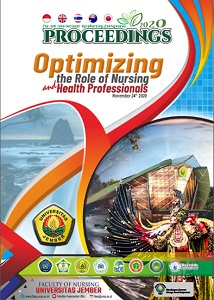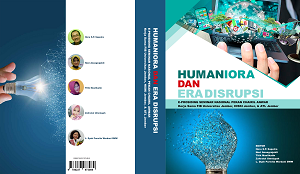THE INSTRUMENTS MEASURING NURSES’ SELF-EFFICACY: A SCOPING REVIEW
Abstract
Introduction: Self-efficacy is a critical psychosocial indicator for assessing nurses’ readiness and competence in delivering professional care. Accurate measurement supports capacity development, performance evaluation, and evidence-based interventions. However, limited synthesis exists on instruments measuring nurses' self-efficacy across diverse contexts. Methods: This scoping review aimed to identify and analyze instruments used internationally to measure nurses’ self-efficacy. Using the PRISMA-ScR framework, a systematic search was conducted in PubMed, ScienceDirect, ProQuest, and Google Scholar. From 1149 records, eight studies met inclusion criteria and were analyzed thematically. Results: Seven instruments were identified: Nursing Profession Self-Efficacy Scale (NPSES), validated in Italy, Korea, and Albania; Self-Efficacy Questionnaire (SE-12) for clinical communication; Nursing Learning Self-Efficacy (NLSE) for nursing students; Psychiatric Nurse Self-Efficacy Scales (ISES, DSES); Career Decision-Making Self-Efficacy Scale; and Self-Efficacy for Mobilization. Discussion: All showed instruments strong construct validity and internal reliability but varied in target populations, dimensions, and contexts. Key limitations included reliance on cross-sectional designs, limited cross-cultural validation, lack of longitudinal testing, and minimal integration into nursing quality systems. Most validations focused on students, limiting evidence for professional nurses. Conclusion: This review highlights the need for longitudinal validation, broader cross-cultural adaptation, and integration of validated self-efficacy measures into nursing quality improvement and competency evaluations. The findings provide a foundation for developing culturally responsive tools to enhance nursing education and practice across diverse healthcare settings.

